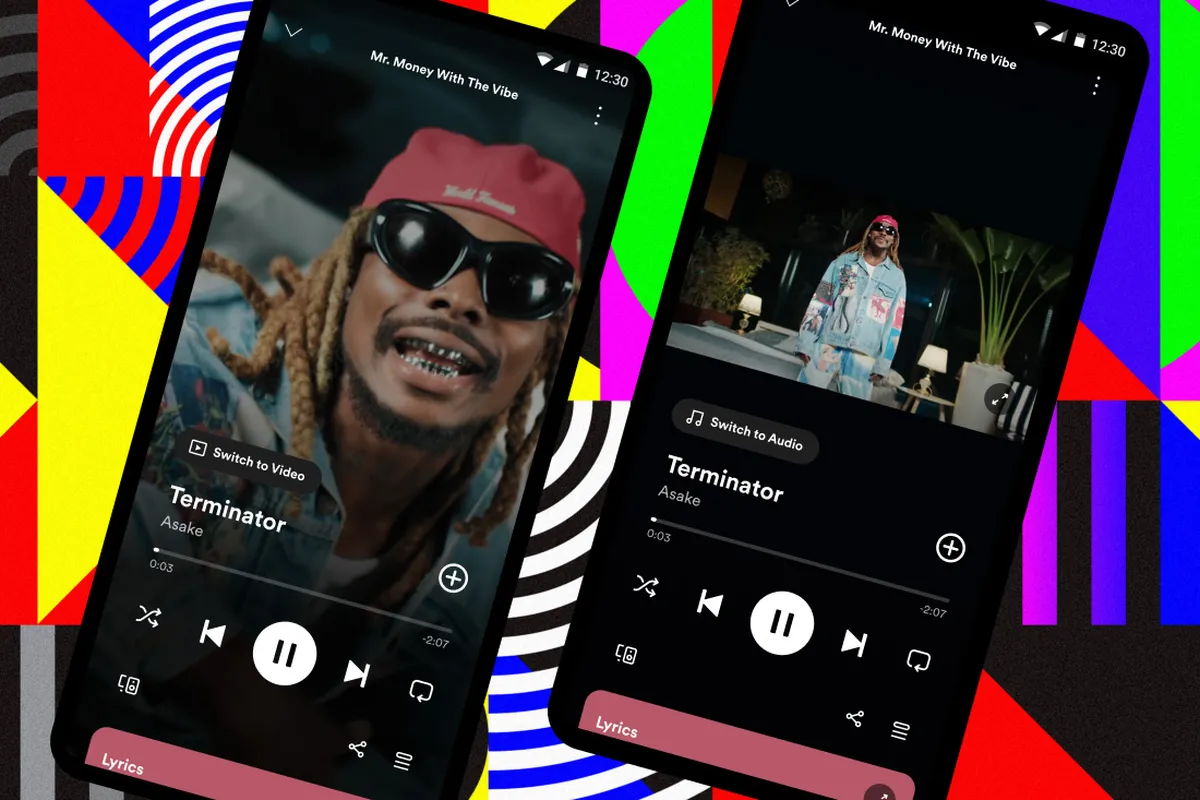That’s according to Ficus Kirkpatrick, one of the heads of Facebook’s virtual and augmented reality division, who told The Information that the company’s future hardware may soon not have to rely on Google’s software.
That said, Facebook is currently working on the development of an operating system that would be used on its devices. This, in order to reduce its current dependence on Google’s Android system. In addition, Mark Zuckerberg’s company is working on its first augmented reality viewer.
Everything we know about Facebook’s new operating system
The project to develop Facebook’s new operating system is being led by a former Microsoft engineer, Mark Lucovsky, who co-authored the Windows NT system. It was originally launched in 1993 and was the first 32-bit Redmond system.
For its part, currently the hardware used by Facebook for its devices such as the Oculus virtual reality viewer and Portal smart displays, run on modified versions of the Android operating system.
According to Andrew Bosworth, head of hardware at Facebook:
“We don’t think we can rely on competitors in the market to make sure the next generation has room for us. So, we’re going to do it ourselves.”
Likewise, Facebook is planning to increase all its efforts in the hardware division. The company is therefore working hard on the development of its first model of augmented reality glasses. For now, what is known about this device is that it will be known as Orion and could reach the market in 2023.
But that’s not all, there are clear indications that with this, Facebook is trying to adopt a strategy very similar to the one Apple has. This is because they would manufacture their own optimized software. There are even strong rumors that they are also developing their own chip for their devices, something like a new virtual assistant.
But, you should also know that this is not the first time the company has sought to develop an operating system or software focused on its services. Well, in 2013 it partnered with HTC in order to launch the HTC First, a smartphone that included Facebook Home, a customization layer with applications from the social network. In the end, this turned out to be a failed attempt that ended up disappearing.
You can also read: Preventive health: this would be the new tool that Facebook would have




